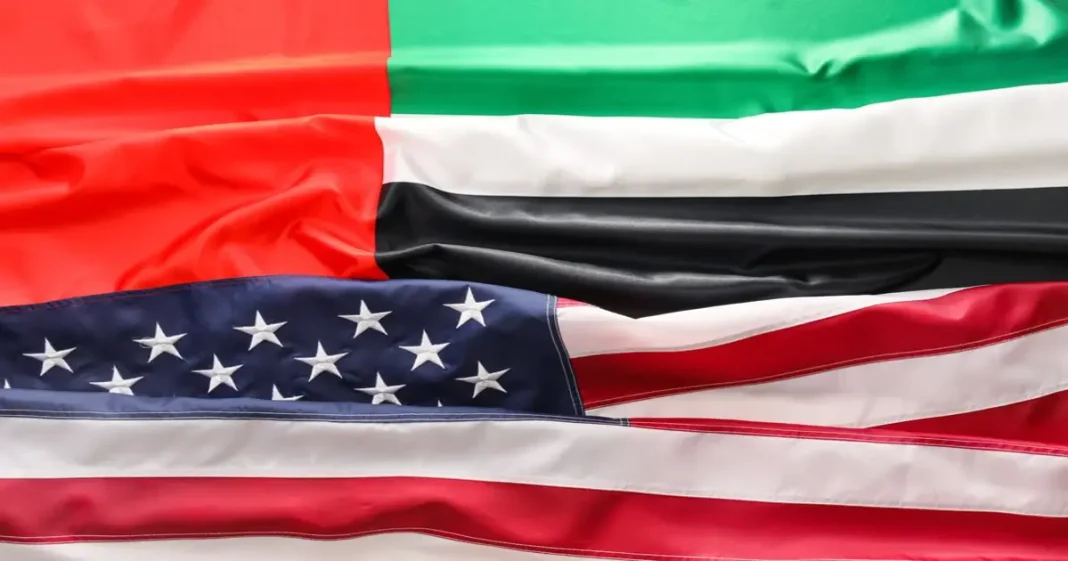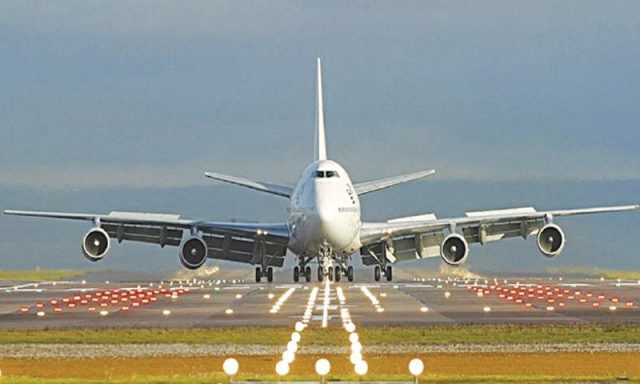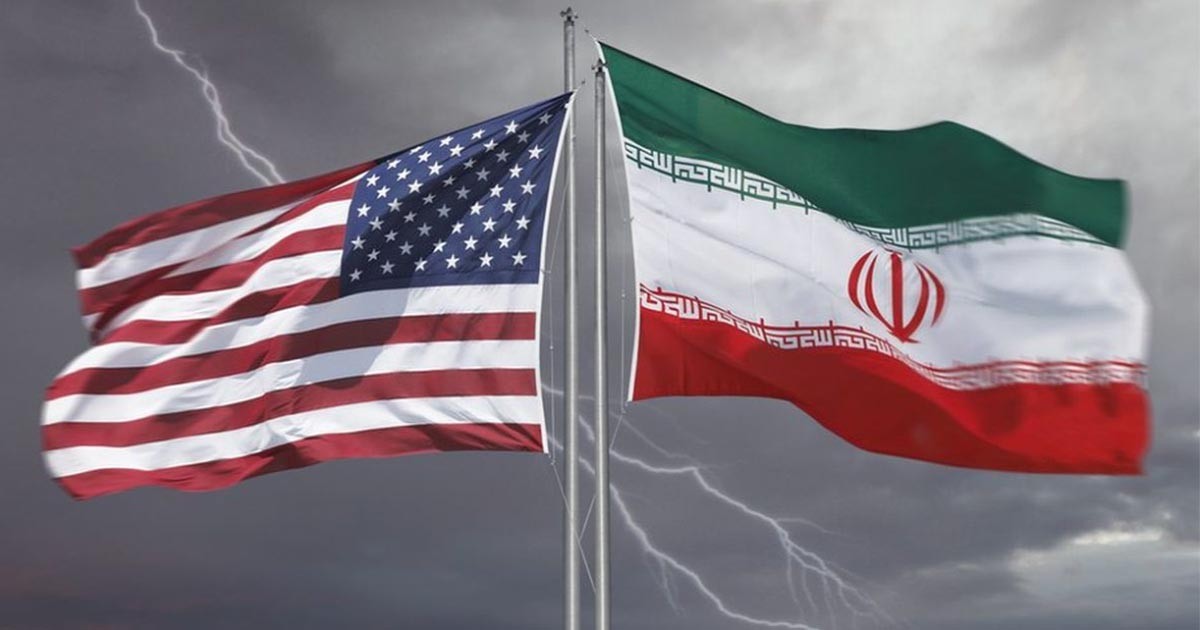The United States has authorized a $1.4 billion sale of military aircraft and equipment to the United Arab Emirates (UAE), just days before former President Donald Trump’s scheduled visit to the region. The announcement, made on Monday by the State Department, outlines a significant arms deal that aims to strengthen strategic ties with one of Washington’s key allies in the Middle East.
Read More: Trump starts Gulf visit seeking big economic deals
The proposed package includes six CH-47F Block II Chinook heavy-lift helicopters, valued at $1.32 billion, as well as $130 million worth of components and sustainment support for the UAE’s F-16 fighter jet fleet. The helicopters are designed to support a variety of military and humanitarian operations and will be equipped with advanced systems including missile warning, navigation, and communications gear.
Support for US Policy Goals and Regional Stability
According to statements from the Defense Security Cooperation Agency and the State Department’s Bureau of Political-Military Affairs, the deal is meant to reinforce US foreign policy and national security goals. Officials emphasized that the UAE is a “vital US partner for political stability and economic progress in the Middle East.”
The helicopters and associated systems are expected to enhance the UAE’s ability to conduct search and rescue missions, disaster relief efforts, humanitarian operations, and counterterrorism activities. Officials further noted that the F-16 components will strengthen the Gulf nation’s “ability to defend its sovereignty and territorial integrity to meet its national defense requirements.”
The Pentagon said Boeing Helicopter Aircraft Company and Honeywell Engine Company are the principal contractors involved in the helicopter sale. No contractors have yet been named for the F-16 component deal.
No Shift in Regional Military Balance Expected
The US government has clarified that the deal is not expected to alter the military balance in the region or undermine American defense readiness. Such arms transfers, particularly to Gulf allies, are often closely monitored to ensure they do not contribute to regional arms races or destabilize sensitive geopolitical environments.
Congress now has a 30-day window to review and potentially block the proposed sale. While congressional opposition is rare for deals involving close allies like the UAE, lawmakers may scrutinize the agreement in light of broader regional tensions and ongoing conflicts.
Read More: Samsung launches slimmest smartphone as races against rival Apple
The announcement coincides with Trump’s three-nation tour of the Middle East, during which he is expected to visit Saudi Arabia, Qatar, and the UAE. The trip, originally aimed at encouraging wealthy Gulf nations to invest in the US economy, will now also include high-level discussions on regional diplomacy, particularly regarding Gaza and Iran, as well as cooperation in sectors such as defense, energy, aviation, and artificial intelligence.














